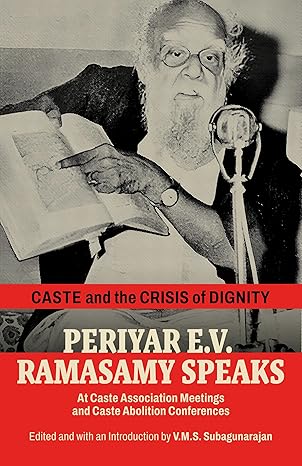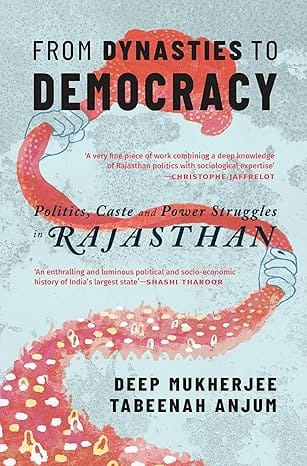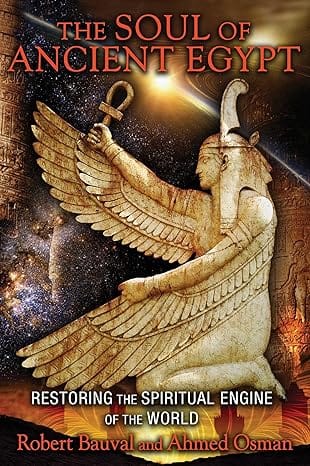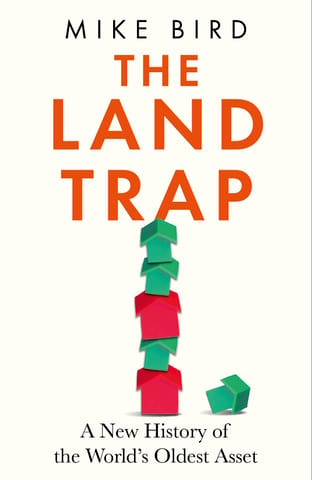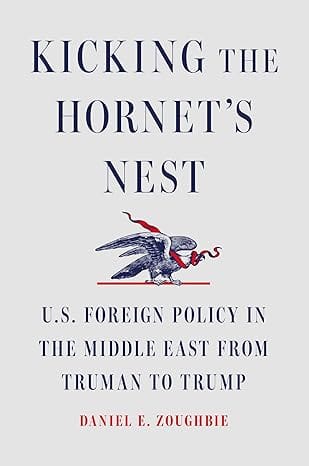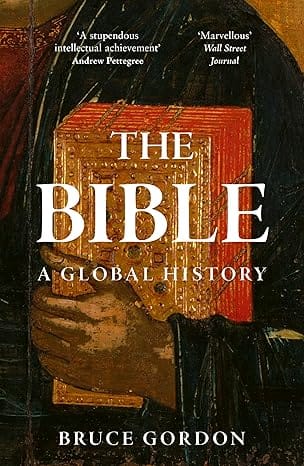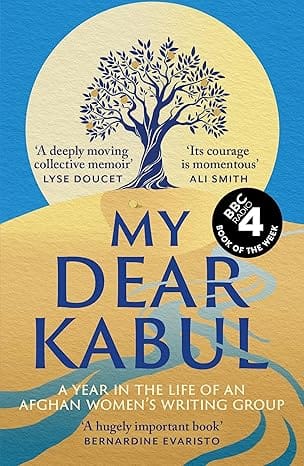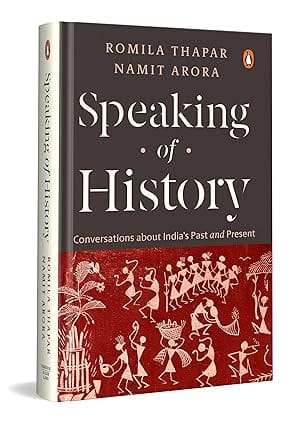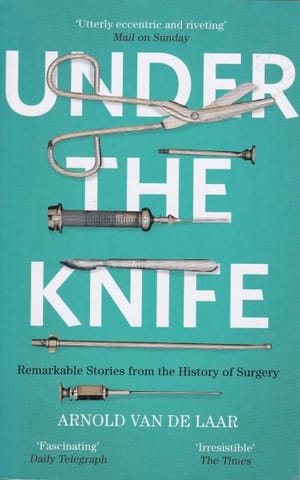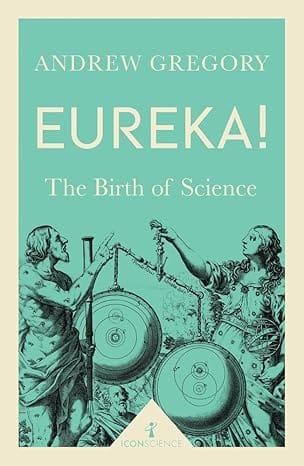WELCOME TO MIDLAND BOOK SHOP!
SHOP FOR
- Non-ficton
- Non-ficton
- Contemporary Fiction
- Contemporary Fiction
- Children
- Children
- Comics & Graphic Novels
- Comics & Graphic Novels
- Non-Fiction
- Non-Fiction
- Fiction
- Fiction
Shop No.20, Aurobindo Palace Market, Hauz Khas, Near Church +91 9818282497 | 011 26867121 110016 New Delhi IN
Midland The Book Shop ™
Shop No.20, Aurobindo Palace Market, Hauz Khas, Near Church +91 9818282497 | 011 26867121 New Delhi, IN
+919871604786 https://www.midlandbookshop.com/s/607fe93d7eafcac1f2c73ea4/677cda367903fd013d69b606/without-tag-line-480x480.png" [email protected]9789363362512 68f8c7c9e445ddf64ca1c1cf Caste And The Crisis Of Dignity Periyar E.v. Ramasamy Speaks https://www.midlandbookshop.com/s/607fe93d7eafcac1f2c73ea4/68f8c7cae445ddf64ca1c1d7/91voz8-s-il-_sy466_.jpg 9789363362512
"Long before ‘social justice’ became a slogan, E.V. Ramasamy ‘Periyar’ launched a revolution against social injustice by foregrounding the demand for ‘self-respect’ among lower castes and women. An uncompromising nonconformist, he built the Self-Respect Movement by transforming non-Brahmin aspirations into a radical, relentless campaign against caste, superstition and Brahminical privilege. This unique volume brings together his speeches at caste association meetings and ‘caste abolition’ conferences he was invited to, spanning the decades from the 1920s to the early 1970s—gatherings that drew thousands across the Madras Presidency and what later became Tamil Nadu. Far from being paradoxical, Periyar’s decision to confront caste from within its own forums was a bold and unprecedented strategy to expose myths, dismantle hierarchies and demand self-respect. Here you meet a thinker who refused to worship nation or deity, who trashed the pieties of Gandhian ‘village republics’ and warned that British Raj would simply give way to Brahmin Raj. Rationalist, atheist, Dravidianist and democrat, Periyar’s ideas on equality, citizenship, religion and women’s rights remain startlingly contemporary in an era when majoritarian nationalism repackages old hierarchies as glorious heritage. Lucidly translated and with a comprehensive introduction to Periyar, locating and contextualising his thought and struggles, Caste and the Crisis of Dignity recovers the voice of a movement that treated self-respect as the foundation of democracy and equality. It is a handbook for anyone who wants to understand how caste power works—and how it can be challenged."
About the Author
V.M.S. Subagunarajan is an independent researcher based in Chennai, Tamil Nadu. He has published extensively in both Tamil and English on the Dravidian movement, with particular attention to the life, lectures, and ideas of Periyar (E.V. Ramasamy). He has also engaged with the cultural dimensions of Dravidian politics—including theatre, literature and film—analysing how political identity is formed, expressed and mobilised. He has co-authored The Rule of the Commoner: DMK and the Formations of the Political in Tamil Nadu, 1949-1967 (Cambridge University Press, 2022) and co-edited Tamil Nadu: The Land of Social Justice (Tamil Nadu Text Book and Educational Service Corporation, Govt of Tamil Nadu). Long associated with Tamil literary and theatre movements, Subagunarajan’s scholarship is distinguished for its archival depth, careful and intensive use of vernacular texts and speeches, integrating them with concepts from political theory, and bridging of scholarly and public discourse
in stockINR 479
1 1
Email ID already exists!
Your Current password is incorrect
Password Updated Successfully
Thanks for your Feedback
Caste And The Crisis Of Dignity Periyar E.v. Ramasamy Speaks
ISBN: 9789363362512
₹479
₹599 (20% OFF)SIZE GUIDE
Sold By: Hauz Khas - Aurobindo Market
Details
- ISBN: 9789363362512
- Author: V M S Subagunarajan
- Publisher: Speaking Tiger
- Pages: 348
- Format: Paperback
Book Description
"Long before ‘social justice’ became a slogan, E.V. Ramasamy ‘Periyar’ launched a revolution against social injustice by foregrounding the demand for ‘self-respect’ among lower castes and women. An uncompromising nonconformist, he built the Self-Respect Movement by transforming non-Brahmin aspirations into a radical, relentless campaign against caste, superstition and Brahminical privilege. This unique volume brings together his speeches at caste association meetings and ‘caste abolition’ conferences he was invited to, spanning the decades from the 1920s to the early 1970s—gatherings that drew thousands across the Madras Presidency and what later became Tamil Nadu. Far from being paradoxical, Periyar’s decision to confront caste from within its own forums was a bold and unprecedented strategy to expose myths, dismantle hierarchies and demand self-respect. Here you meet a thinker who refused to worship nation or deity, who trashed the pieties of Gandhian ‘village republics’ and warned that British Raj would simply give way to Brahmin Raj. Rationalist, atheist, Dravidianist and democrat, Periyar’s ideas on equality, citizenship, religion and women’s rights remain startlingly contemporary in an era when majoritarian nationalism repackages old hierarchies as glorious heritage. Lucidly translated and with a comprehensive introduction to Periyar, locating and contextualising his thought and struggles, Caste and the Crisis of Dignity recovers the voice of a movement that treated self-respect as the foundation of democracy and equality. It is a handbook for anyone who wants to understand how caste power works—and how it can be challenged."
About the Author
V.M.S. Subagunarajan is an independent researcher based in Chennai, Tamil Nadu. He has published extensively in both Tamil and English on the Dravidian movement, with particular attention to the life, lectures, and ideas of Periyar (E.V. Ramasamy). He has also engaged with the cultural dimensions of Dravidian politics—including theatre, literature and film—analysing how political identity is formed, expressed and mobilised. He has co-authored The Rule of the Commoner: DMK and the Formations of the Political in Tamil Nadu, 1949-1967 (Cambridge University Press, 2022) and co-edited Tamil Nadu: The Land of Social Justice (Tamil Nadu Text Book and Educational Service Corporation, Govt of Tamil Nadu). Long associated with Tamil literary and theatre movements, Subagunarajan’s scholarship is distinguished for its archival depth, careful and intensive use of vernacular texts and speeches, integrating them with concepts from political theory, and bridging of scholarly and public discourse
User reviews
NEWSLETTER
Subscribe to get Email Updates!
Thanks for subscribing.
Your response has been recorded.

India's Iconic & Independent Book Store offering a vast selection of books across a variety of genres Since 1978.
"We Believe In The Power of Books" Our mission is to make books accessible to everyone, and to cultivate a culture of reading and learning. We strive to provide a wide range of books, from classic literature, sci-fi and fantasy, to graphic novels, biographies and self-help books, so that everyone can find something to read.
Whether you’re looking for your next great read, a gift for someone special, or just browsing, Midland is here to make your book-buying experience easy and enjoyable.
We are shipping pan India and across the world.
For Bulk Order / Corporate Gifting
 +91 9818282497 |
+91 9818282497 |  [email protected]
[email protected]
Click To Know More
INFORMATION
QUICK LINKS
ADDRESS
Midland Book Shop - Hauz Khas
Shop No.20, Aurobindo Palace Market, Near Church, New Delhi
Shop No.20, Aurobindo Palace Market, Near Church, New Delhi

